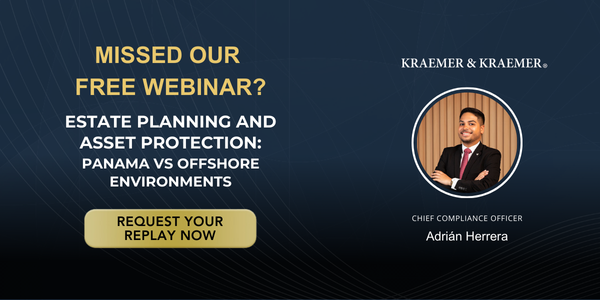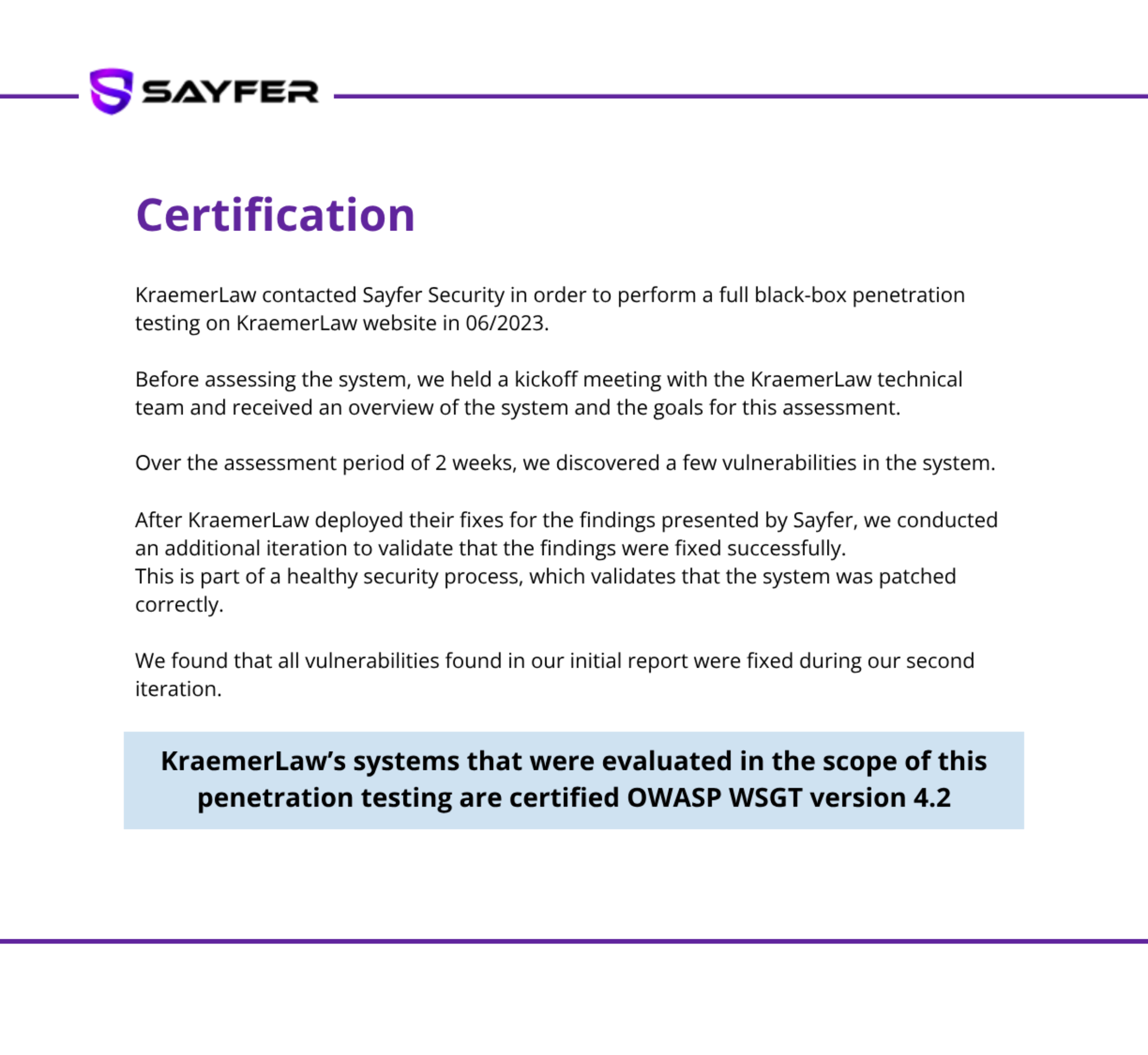Asset structuring is the process of organizing your assets into different legal entities or vehicles for the purpose of achieving specific goals, such as asset protection, tax planning, or estate planning. Panama is a popular jurisdiction for estate planning due to its strong legal system, favorable tax regime, and relatively private financial sector. There are a number of different estate planning vehicles available in Panama, each with its own advantages and disadvantages.
Estate planning is the process of organizing your assets and making arrangements for their future distribution. It is an important process for everyone, regardless of their age or financial situation. Panama is a popular jurisdiction for estate planning due to its strong legal system, favorable tax regime, and relatively private financial sector.
Common Vehicles of Asset Structuring in Panama
- Corporations: Corporations are a popular form of asset structuring in Panama. They offer limited liability protection to their shareholders and can be used for a variety of business and investment purposes. Corporations can also be used for estate planning purposes, such as holding assets in trust for beneficiaries or protecting assets from creditors.
- Trusts: Trusts are another popular form of asset structuring in Panama. They can be used to protect assets from creditors, to manage assets for beneficiaries, and to achieve other estate planning goals. Trusts can be set up in a variety of ways, and the specific benefits and drawbacks will vary depending on the specific trust.
- Foundations: Foundations are a less common form of asset structuring in Panama, but they can offer a high degree of asset protection and privacy. Foundations can be used for a variety of purposes, including charitable giving, family wealth management, and estate planning.
- Anonymity Vehicles: These vehicles allow you to hold assets in Panama without revealing your identity. This can be useful for individuals who want to keep their assets confidential. However, it is important to note that anonymity vehicles can have tax implications and may not be suitable for everyone.
Benefits of Asset Structuring in Panama
There are a number of reasons why someone might want to structure their assets in Panama. Some of the benefits of asset structuring in Panama include:
- Asset protection: Panama has a strong legal system that protects the assets of its citizens and residents. This makes it a good jurisdiction for setting up asset protection structures.
- Tax planning: Panama has a favorable tax regime for businesses and individuals. This can make it a good place to set up an asset protection structure for tax purposes.
- Estate planning: Panama has flexible estate planning laws that allow you to pass on your assets to your heirs in a tax-efficient manner.
- Privacy: Panama is a relatively private jurisdiction. This can be important for individuals who want to keep their assets and financial information confidential.
- Increased flexibility: Asset structuring can give you more flexibility in how you manage your assets. For example, you may be able to set up a structure that allows you to move your assets between different jurisdictions or to change the beneficiaries of your assets more easily.
Risks of Asset Structuring in Panama
- Legal risks: There are certain legal requirements that must be met when setting up an asset protection structure in Panama. If these requirements are not met, your structure may be challenged in court.
- Tax risks: The tax implications of asset structuring can be complex. It is important to consult with a tax advisor to make sure that you are aware of the potential tax consequences of your structure.
- Reputational risks: Asset structuring can be seen as a way to hide assets or avoid taxes. This can damage your reputation if it is not done properly.
Choosing the Right Estate Planning Vehicles
- Consider your individual circumstances and goals: When choosing estate planning vehicles, it is important to consider your individual circumstances and goals. These include your age, marital status, number of children, assets, and tax situation. For example, if you are married with children, you may want to consider setting up a trust to protect your assets for your children.
- Understand the pros and cons of each vehicle: There are a variety of estate planning vehicles available, each with its own advantages and disadvantages. It is important to understand the pros and cons of each vehicle before making a decision. For example, corporations offer limited liability protection, but they can be more complex and expensive to set up and maintain than trusts.
- Get professional advice: It is important to get professional advice from an experienced estate planning advisor to choose the right vehicles for your needs. An advisor can help you understand the different options available and choose the vehicles that are best suited for your individual circumstances.
Tax Implications and Legal Requirements of Asset Structuring
This can be complex, tax implications of asset structuring in Panama will depend on the specific structure that you choose and the nature of your assets and the legal requirements of asset structuring in Panama are set forth in the Panamanian Civil Code and the Panamanian Commercial Code. It is important to comply with all applicable tax and legal requirements when structuring your assets in Panama.
Estate Planning in Panama with Kraemer & Kraemer
Kraemer & Kraemer is a law firm in Panama that specializes in estate planning. We offer a variety of estate planning services, including the creation of corporations, trusts, and foundations. They also help clients with tax planning and asset protection.
If you are considering estate planning in Panama, it is important to consult with an experienced estate planning advisor to get professional advice on your specific situation. To learn more about estate planning in Panama, please contact us or send us a note to info@kraemerlaw.com.
Related pages:








